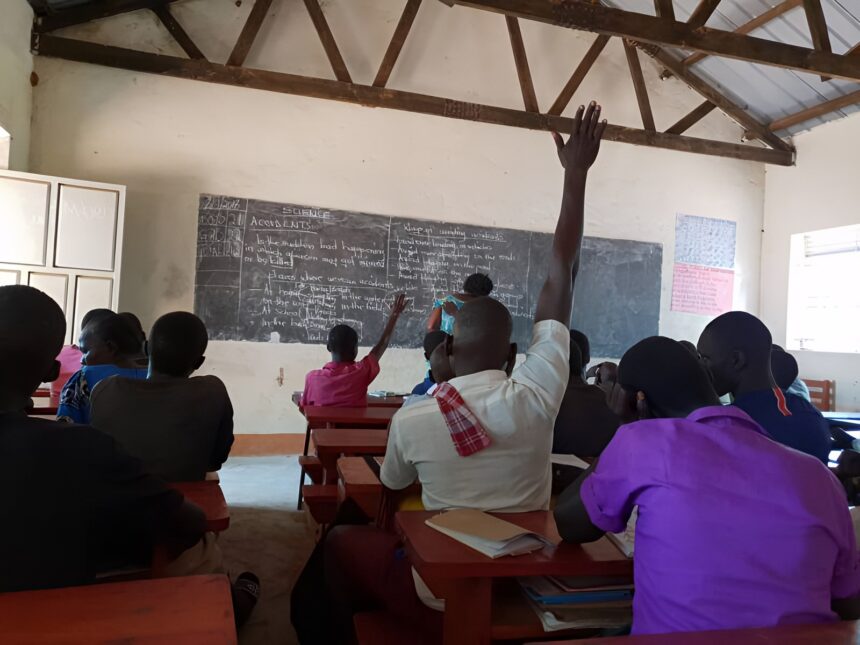The Federal Government of Nigeria has unveiled the Accelerated Basic Education (ABE) programme, an initiative targeting 80 million non-literate youths and adults across the nation.
Announced at a National Stakeholders Engagement Meeting in Abuja on Wednesday, this programme is said to be aimed at bridging the literacy gap by providing inclusive, flexible, and high-impact education to underserved populations.
The Accelerated Basic Education initiative is spearheaded by the Ministry of Education and the National Commission for Mass Literacy, Adult and Non-Formal Education (NMEC).
The programme was unveiled on Wednesday by the Minister of State for Education, Prof. Suwaiba Ahmad, during the National Stakeholders Engagement Meeting on Youth and Adult Literacy in Abuja.
While the broad objectives have been announced, the federal government has yet to release full details on the programme’s structure, funding, timelines, and delivery approach.
Prof. Ahmad, who was represented at the event by her Special Assistant (Technical), Dr. Claris Ujam, said the initiative is intended to provide a pathway to literacy for millions who have been excluded from formal education due to poverty, displacement, and early school leaving.
Ujam said: “The Federal Government has unveiled the Accelerated Basic Education (ABE) programme, aimed at mobilising 80 million under-served young non-literate Nigerians and adults still outside the reach of basic literacy.
“The programme aims to meet non-literate youths and adults wherever they are in the six geopolitical zones of the country without compromising quality or relevance.
“The ABE programme is more than a solution. It is a movement, one that rejects age, geography, and circumstance as barriers to learning.
“It is designed to provide inclusive, adaptable, and high-impact literacy innovations that meet learners where they are without compromising quality or relevance.”
Ujam also said that with National Bureau of Statistics (NBS) reporting that 31% of Nigeria’s 250 million population, nearly 80 million people, lack basic literacy skills, the programme will pull down barriers like age, geography, or socio-economic status, offering community-based and learner-centered education to empower individuals and drive national progress.
Speaking also at the meeting, the Director of Literacy and Development at the National Commission for Mass Literacy, Adult and Non-Formal Education (NMEC), Dr. John Edeh, described the event as an opportunity for reflection, collaboration, and decisive action.
He explained that the commission’s approach focuses on flexible, community-based, and learner-centred methods to ensure access to education for disadvantaged groups.





